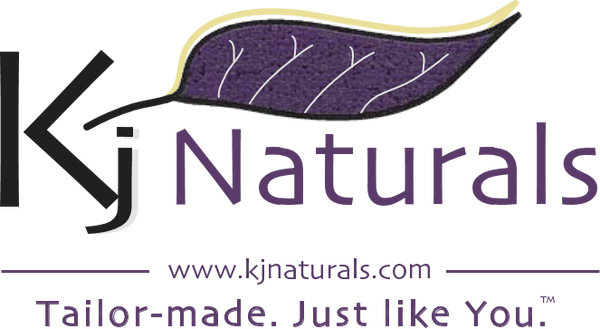Genuine African Black Soap: Where to buy it and how to know if it's real
Posted on October 16 2018
Will The REAL Black Soap Please Stand Up???
Post #1 in our series, "Your Top 20 Black Soap Questions Answered!" addresses the question
"How can I tell if a bar/brand is authentic African black soap?".
Although this is the first post in this black soap Q & A series, it isn't the question I am most asked by customers. It's actually the one I find myself asking them when they say things like "I tried black soap but it stained my washcloths" or "You mean the black soap they sell at [insert big box chain store brand here]".
When I hear that my first thought is to figure out if the black soap I'm talking about is the same kind they're talking about. Unfortunately the term "black soap" is widely used to refer to any cleanser in bar form that is at all black or black-ish in appearance. That can make a conversation about true African black soap very confusing and/or misleading.
Black Soap vs. Black Detergent Bars
I have been making, selling and teaching others to make real, natural soaps, shampoos & many other skin/hair cleansers from scratch since 2013. After learning the difference between real actual soap vs synthetic detergents, I was able to completely clear my daughter's eczema and get her off her prescription steroid creams.
We did this by:
1. Throwing out store-bought detergent bars (that we used to mistakenly call "soap"- a word that doesn't even appear on the packaging!).
2. Making real natural plant-based soap using vegetable oils like olive oil, palm oil and coconut oil that moisturize and cleanse without stripping and irritating skin.
That said, if I know that a bar/brand contains synthetic detergents I do not refer to it as a "soap". Therefore even if the label reads "black soap" or is marketed as such it doesn't meet the standard for what real soap is- saponified plant oils (we get the word "soap" from the chemical reaction used to make it called "saponification").
On the other hand, if the ingredient label isn't clear or doesn't accurately list all the ingredients then it's hard to tell exactly what it is or what to call it.
So....exactly how can I tell if a product is REAL black soap???
The answer is that sometimes you just can't. It's possible that people can start with authentic raw African black soap then use it as an ingredient in a new finished product. It's also possible that a bar is completely made of synthetic detergents and contains no real black soap.
Here are a few ways to quickly judge whether a product is authentic raw African black soap:
1. Color
Authentic African black soap in its raw form is not one uniform black color. It is a marbled mix of black and other shades of brown. If it is left exposed to the air it may have white spots on it that people sometimes mistake for mold (it is not mold). White film or spots, also called soda ash, naturally occur on any real soap and they're caused by exposure to the air. They rinse away with the first use easily and don't affect the performance of the soap.
2. Hardness
Raw African black soap isn't nearly as hard as synthetic commercial detergent bars. You can "smoosh" it somewhat. Unless it's been left out to cure or air out a very long time you can usually easily reshape it with your hands.
3. Texture
Raw African black soap is just that- raw! It may sometimes contain bits of what feels like tiny (or sometimes big chunky) rock or sediment. It may also have an occasional piece of a stick inside it.
Those little extras are naturally occurring elements in raw black soap that are present because of how it's made. By burning plant materials such as as cocoa pods and plantains, a mineral rich ash is produced. This ash has a high enough pH to initiate the saponification process when it comes into contact with palm oil.
4. Ingredients
Raw African black soap is made from plant materials and contains no dyes. It's brown/black marbled color results from the burning of those natural ingredients. However, if the ingredient list contains any dyes (I've seen indigo dye on a "black soap" in a big box store) then it is not raw anymore and it's probably black only because of the dye.
